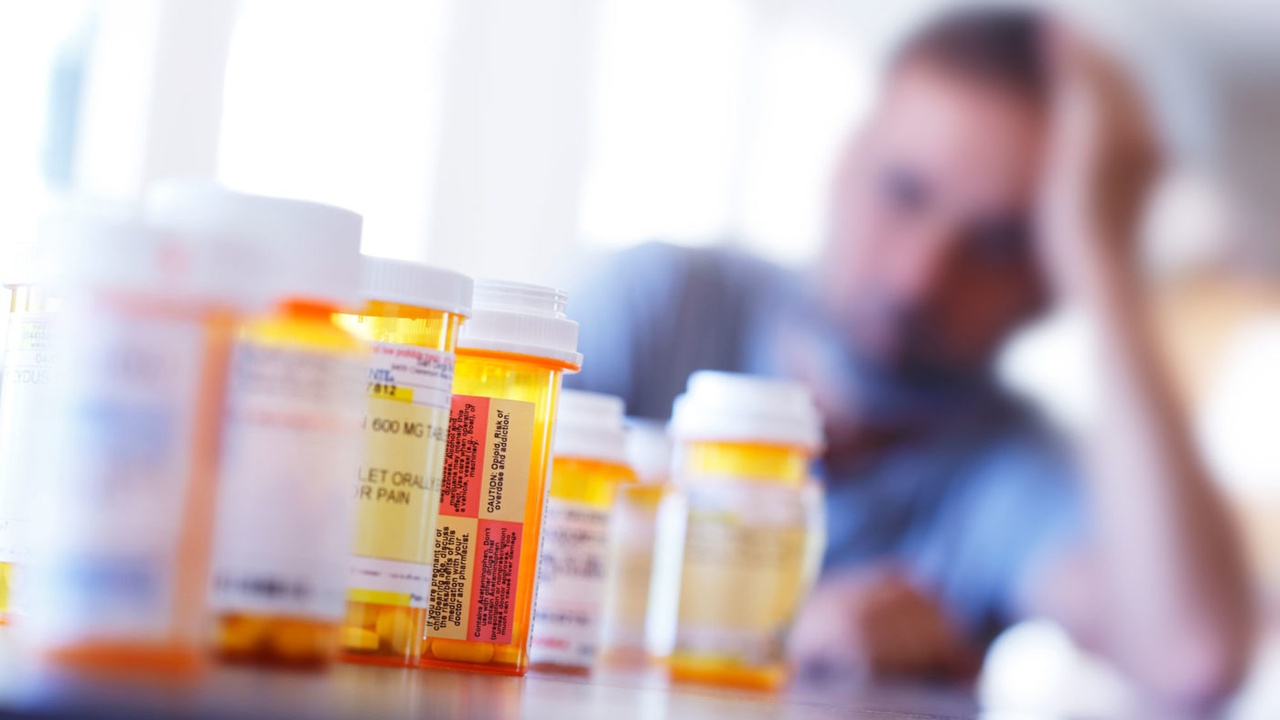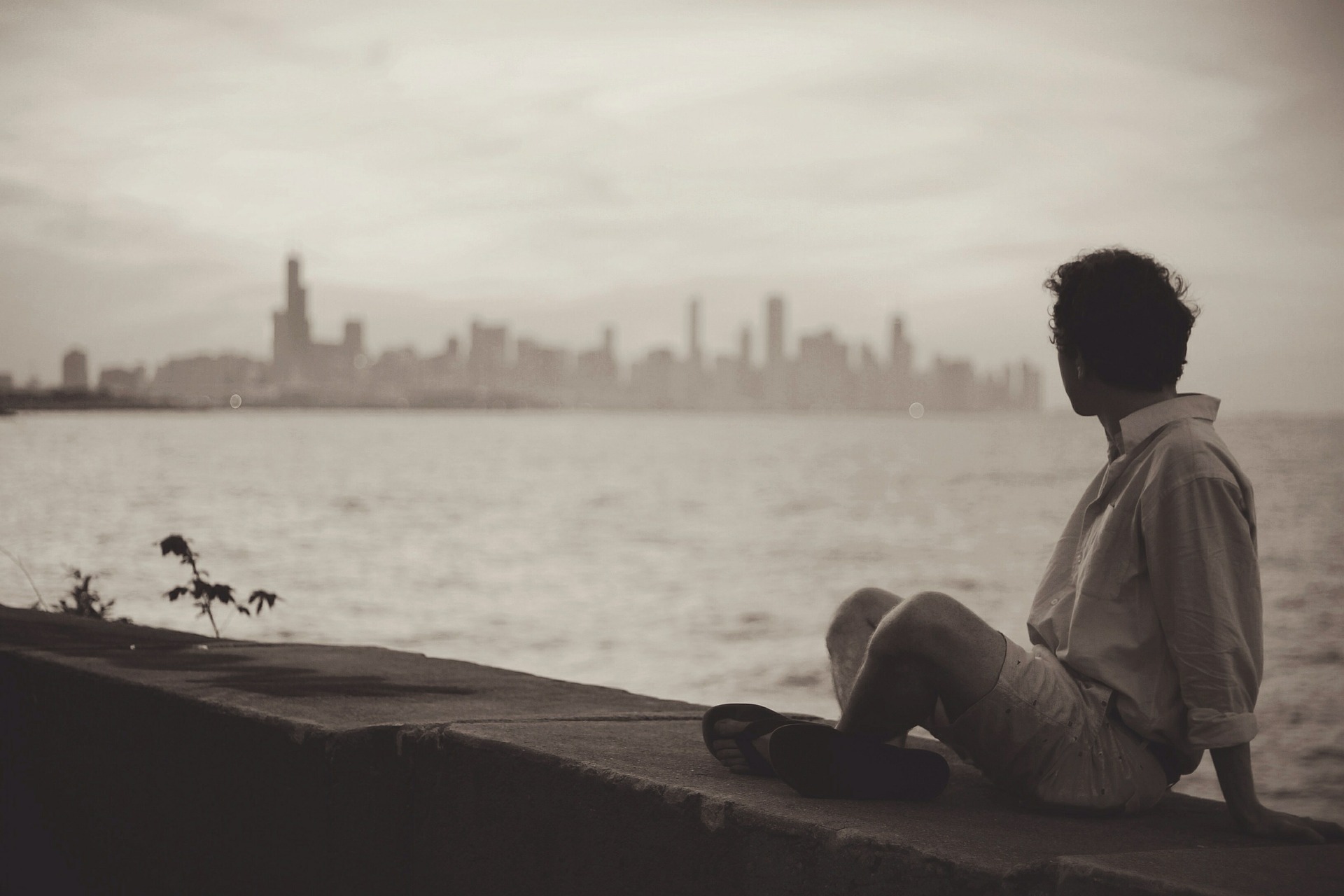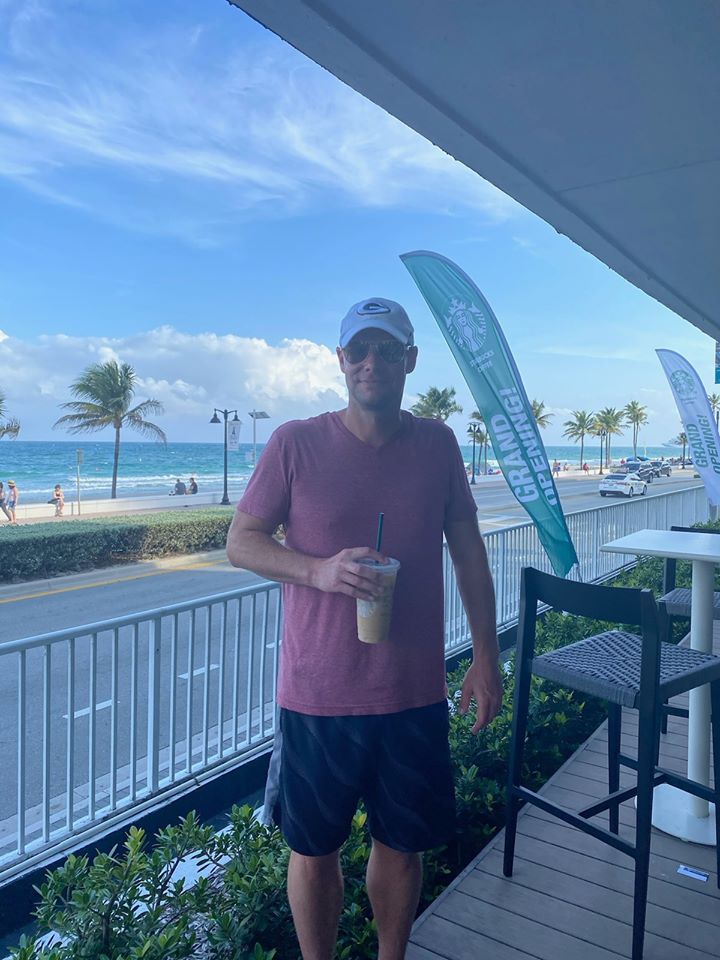Separating Medications from Identity
Jun 25, 2022
I took Paxil and Xanax for about thirteen years for an “anxiety disorder,” beginning when I was a senior in college, and almost from the beginning it would be safe to say that I felt a “change” happening inside of me. At first, this “change” might be described as simply feeling a little off, a little strange, a little scared that something unnatural was occurring within me.
I was feeling a little less like myself, which didn’t seem like a good thing, even if “myself” had recently been feeling uncomfortable and anxious much of the time.
“Don’t you worry about that stuff,” the doctors will say to those feelings. “That is just the medication beginning to do its job. It’s normal to feel ‘weird’ the first four to six weeks. That means the medication is beginning to get into your system.”
Wait, what? Get into the system? Strange sensations, including disconcerting mental and emotional shifts, mean that the medication is “doing what it is supposed to be doing?” Do we really stop to think about what that means.
Think about that for a moment. If something is chemically engineered to seep deeply into your brain and wind like a growing vine throughout your neural pathways, then what are the ramifications of that down the line?
Well, speaking from experience, I can say that a few of the more immediate ramifications of the antidepressant and benzo medications were, for me: fatigue, a loss of impulse control and general inability to be satiated by food or drink (think binging on junk food and alcohol), a lack of concern for keeping my “house in order” (both literally and metaphorically), and a strange disregard for the future (a sort of “well that will never arrive” attitude).

I didn’t decide to get off the medications until my mid-thirties, and when I did, not only was I faced with severe SSRI withdrawal and benzodiazepine withdrawal, but I was left to confront a seminal question: Am I someone who can live without medications?
That, my friends, is perhaps the most insidious effect of prescription medications. The side-effects I mentioned above are terrible enough in their own right, but perhaps even more sinister are the way they seep into your sense of self-identity.
People on the medications might begin to think of themselves AS the medications. Or rather they might begin to think of themselves as a disordered individual who needs the medications to cling to some semblance of a normal life.
People on medications, especially those who’ve been on them for a number of years, might begin to think things like this: I need the medications to work. I need the medications to relax. I need the medications to have energy. I need the medications to sleep. I need the medications to handle bad news or stress. I need the medications to laugh or experience joy. I need the medications to play my role in the family. I need my medications to care about life and plan for the future. I need the medications for me, and I need them for those around me. I need them, I need them, I need them.
Does any of this sound familiar to any of you who’ve taken or are taking antidepressants or benzodiazepines?
When a person is labeled as broken, given a diagnosis, and then told that the missing part of their wellness equation has been discovered in the laboratories of big pharmaceutical companies and must be swallowed every day to fend off destruction, then it is easy to see how people might get confused about their identity after a while.

When people try to get off of medications, again, one of the biggest questions that swirls through the mind is this: “Am I truly someone who can live without medications, or do I simply need them forever?”
I wrote a bit about how I myself grappled with this question in one of my e-books, More Than a Glimpse of Hell. I was several months off the Paxil, tapering my Xanax, and suffering through severe withdrawals. I was trying like heck to get away from the pills, but I just wasn’t yet convinced that I was someone who was “lucky” enough to be able to survive without them. Here is an excerpt:
Day and night the thoughts and emotions run wild and confused, and after several months of this, when all of those thoughts and emotions continue to gather en masse and dance and fornicate like some sleepless group of college students on ecstasy, a person starts to wonder if maybe he’s insane.
And that’s when beginning the prescription madness anew starts to seem like a reasonable idea. Maybe the old pills were necessary. Or maybe some new ones are needed.
I had wanted so badly to be free of the medication, but shortly after quitting Paxil, I began to wonder if maybe it wasn’t time to admit defeat. Maybe I simply had to accept that I was broken in a way that could only be fixed by the contents of little orange bottles. I thought that I’d been making progress—painful progress in small increments, but progress nonetheless—but maybe I’d just been kidding myself.
Maybe the doctors—the ones who had played no small role in creating my current lunacy—really did have the answers, and maybe those answers only existed as 21st-century pills. Despite my misgivings, maybe I needed to go see one of them again, at least to make sure that I wasn't dying. What was the worst that could happen if I went back to the "experts" in white coats, or maybe even went back to the Paxil or something similar?
I was about to find out.
-----
Well, I actually did end up on additional prescription medications for a couple of months, low doses of Lexapro and Wellbutrin, and then—finally—I stood firm in my belief that I had once existed without medications and could do so again.
Let me repeat that. To any of you who are wondering if you are simply someone who “needs” medications forever, remind yourself that there was a time when you existed without them. Maybe it’s been a while, but there was.
God didn’t create human beings during the first seven days and then think, “Oh shoot, I forgot to create their medications.”
Humans have existed for a long history without all of these prescriptions, and we can do so again. It is just a matter of seeing through the marketing, cutting through the western medical madness, accepting responsibility to truly care for ourselves on a daily basis (with stress management, exercise, coaching or therapy, good nutrition, spiritual connection, fulfilling work, etc.), and then it is a matter of believing in ourselves and our own capabilities.

I’ve now been off of all of those antidepressant and benzo medications since early 2014, and I can tell you that in order to get off pills and stay off them, a person needs to separate the medications from the sense of identity. He or she needs to stop giving the medications credit for every good thing that has happened in life, and he or she needs to take more credit for the ability to work, succeed, play, hold a family together, survive stress, and so on.
For many years the contents of the little orange pill bottles were as much as a part of my daily life as my clothes or my pillows. I wouldn’t leave the house without wearing pants, and neither would I leave the house without the benzo medications tucked into a pocket or shoulder bag. I wouldn’t go to bed without having a pillow available on which to rest my head, and neither would I go to bed without swallowing the Paxil that I was told I needed to be “normal.”
But just as my clothes and my pillows were not, and are not, ME, neither were the medications. They were simply something I ingested for a number of years—like a meal consumed—and then, eventually, they were gone. Goodbye. Time to move on.
If you are someone who is struggling because of medication use, tolerance, antidepressant withdrawal, or benzodiazepine withdrawal, I will say to you be patient with your process of moving forward and take good care of yourself.
Find your support each day, find your self-care each day, and begin to envision how you are moving forward one step at a time. It will get better if you take this approach to each and every day.
If you are someone who is struggling because of medication use, tolerance, antidepressant withdrawal, or benzodiazepine withdrawal—if you are someone who wants to move forward—I will also say to you: begin to separate the medications (and the “disorder” on which the medication use is predicated) from your sense of self-identity. Don’t see yourself as irreparably broken or forever limited, but rather as simply “you with some issues you are working through.”
Because, at the end of the day, that is what we all are. Just unique children of God with our own dreams, sensitivities, likes, dislikes, fears, and plans for the future.
It is okay to be imperfect. It is okay to be anxious sometimes. It is okay to feel depressed sometimes. It is okay to have some highs and some lows. That is human.
We are simply human, and we can be human without medications. Even if it takes a while to get used to that idea.
Take care until next time,
Michael
Would You Like to Join My Members Only Support & Success Community?
Stay connected with news and updates!
Join my mailing list to receive the latest posts and updates from The Lovely Grind.
Don't worry, your information will not be shared.
We hate SPAM. We will never sell your information, for any reason.
